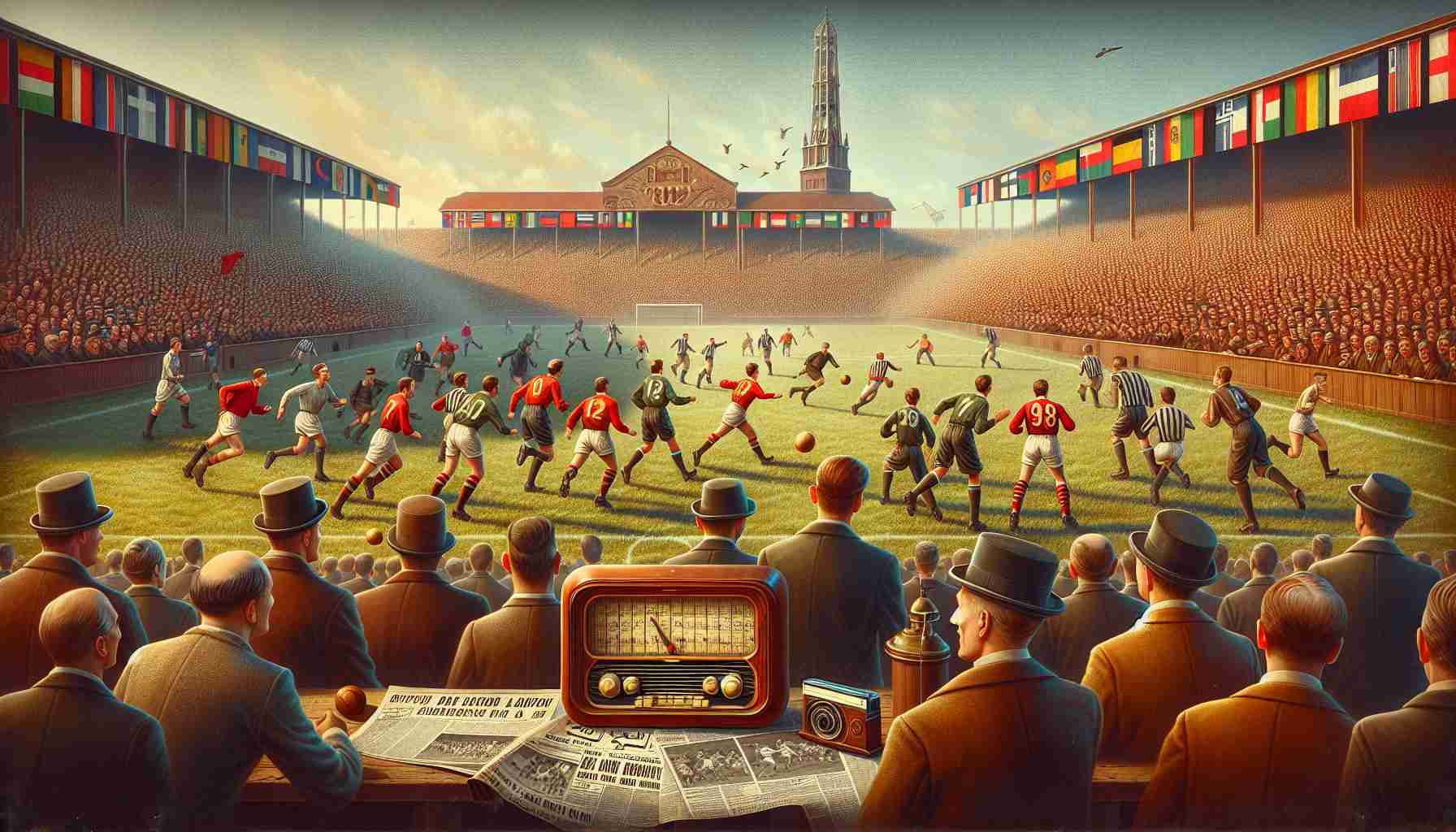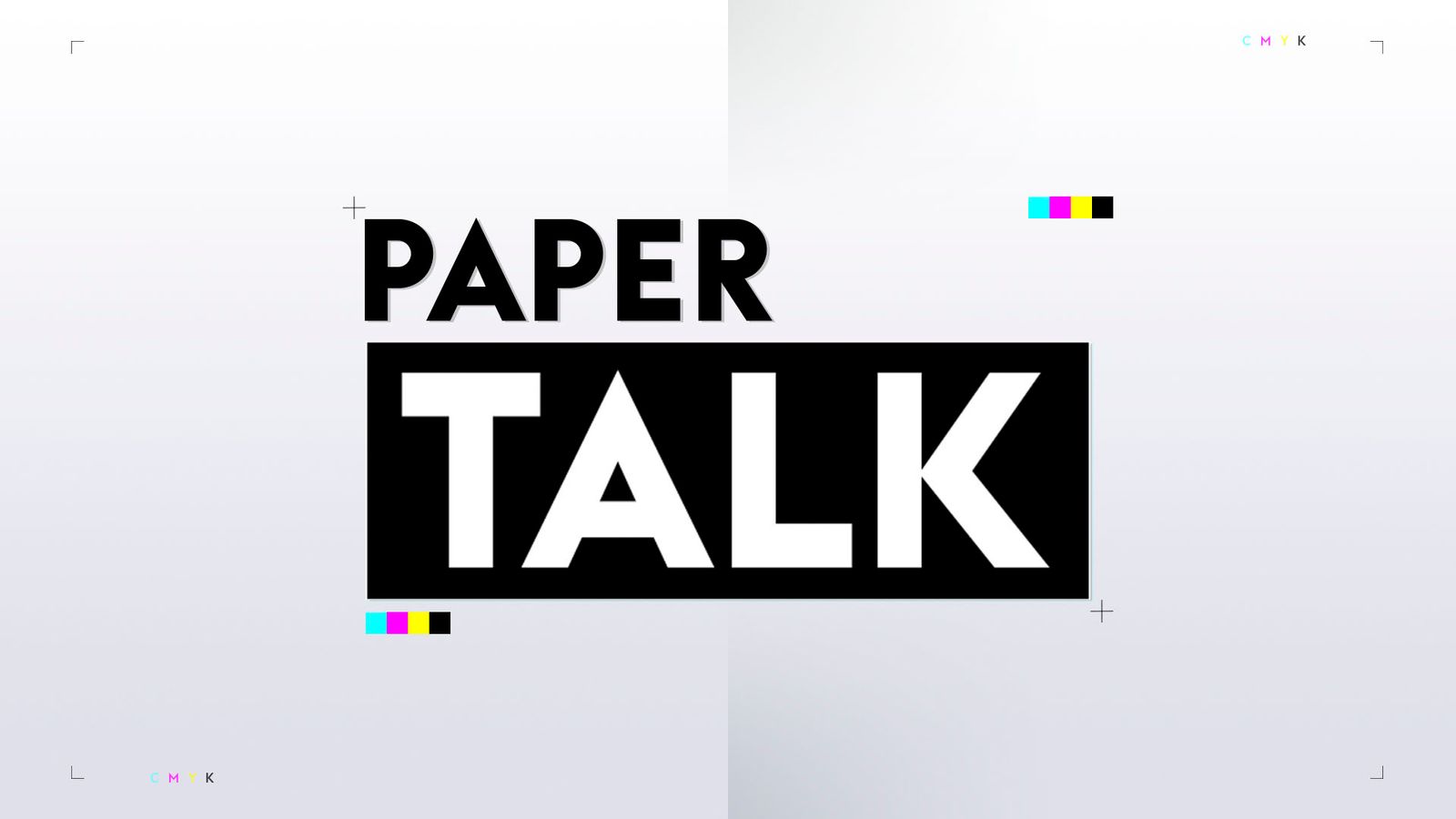Embracing Tradition: European Sports Coverage Takes a Different Route

European Media Companies Prioritize Authenticity
In contrast to American counterparts leveraging generative AI for enhanced sports coverage, European media companies stay grounded in tradition. While Warner Bros. Discovery in Europe explored AI demos for multi-language speech translation during the Paris Olympics, the technology fell short in capturing the heartfelt emotion crucial in sports commentary. Demonstrations lacked the authenticity that European audiences value, as emphasized by Scott Young of Warner Bros. Discovery Sports Europe.
A Genuine Approach to Sports Commentary
European coverage shies away from automated commentary, favoring the raw, unfiltered reactions of expert commentators during significant sporting moments. For example, Italian broadcasters exuberantly reacted to Marcell Jacobs’ gold medal victory in the men’s 100 meters at the Tokyo Olympics, illustrating the fervor and passion that automated algorithms struggle to replicate.
Sticking to Tradition
While American audiences experience AI-driven innovations during the Games, European media companies remain committed to preserving the authentic and emotional essence of sports coverage. As AI continues to progress rapidly, European sports fans anticipate potential future integrations, all the while staying true to the rich heritage of traditional sports broadcasting.
European Sports Coverage: Balancing Tradition with Technological Advancements
In the realm of sports broadcasting, European media companies have long upheld a steadfast commitment to authenticity and emotion in their coverage, steering clear of the trend towards automated commentary driven by generative AI seen in other parts of the world.
Key Questions and Answers:
1. How do European media companies differentiate their approach to sports coverage from their American counterparts?
European media companies prioritize maintaining the genuine and heartfelt nature of sports commentary, relying on expert commentators to convey the emotional essence of significant sporting moments.
2. What challenges do European broadcasters face by eschewing AI-driven innovations in sports coverage?
One of the main challenges is keeping up with the technological advancements that can enhance viewer engagement and provide more immersive experiences, while still preserving the traditional and authentic feel of sports broadcasting.
Advantages and Disadvantages:
Advantages:
– Authenticity: By sticking to tradition, European sports coverage retains an authentic and emotional connection with audiences, fostering a sense of passion and fervor during key sporting events.
– Cultural Heritage: Embracing traditional methods of commentary allows European media companies to honor the rich cultural heritage of sports broadcasting in the region.
Disadvantages:
– Innovation Gap: The reluctance to embrace AI-driven solutions may result in a potential innovation gap, where European broadcasters risk falling behind their global counterparts in terms of technological advancements.
– Limited Scalability: While emphasizing authenticity can be a strength, it may limit the scalability and reach of European sports coverage compared to more technologically advanced approaches.
Despite these challenges and controversies, the European approach to sports coverage continues to captivate audiences with its passionate and genuine portrayal of sporting events, highlighting the enduring value of tradition in a rapidly evolving media landscape.
For further insights on the evolution of sports media and technology, you can explore relevant articles on Sports Technology.
Related
10 Used European Sports Sedans That Are Cheaper Than A…
When shopping for a new midsize sedan, the Toyota Camry is often a top choice thanks to its reliability, fuel efficiency, and practicality. However, for the s
Man City: LaLiga files complaint to EU Commission alleging Premier…
LaLiga president Javier Tebas says the Spanish league has filed a legal complaint to the EU Commission, alleging that Manchester C
Fastbreak AI Acquires Barcelogic, Expanding Presence in European Sports Schedule…
Acquisition Strengthens Fastbreak's Reach Across European Leagues and Grows Customer BaseCHARLOTTE, N.C. & BARCELONA, Spain, Fe
Ben White holds talks with Thomas Tuchel over potential England…
The top stories and transfer rumours from Tuesday's newspapers...THE SUN Ben White has held talks with Thomas Tuchel over a potent












